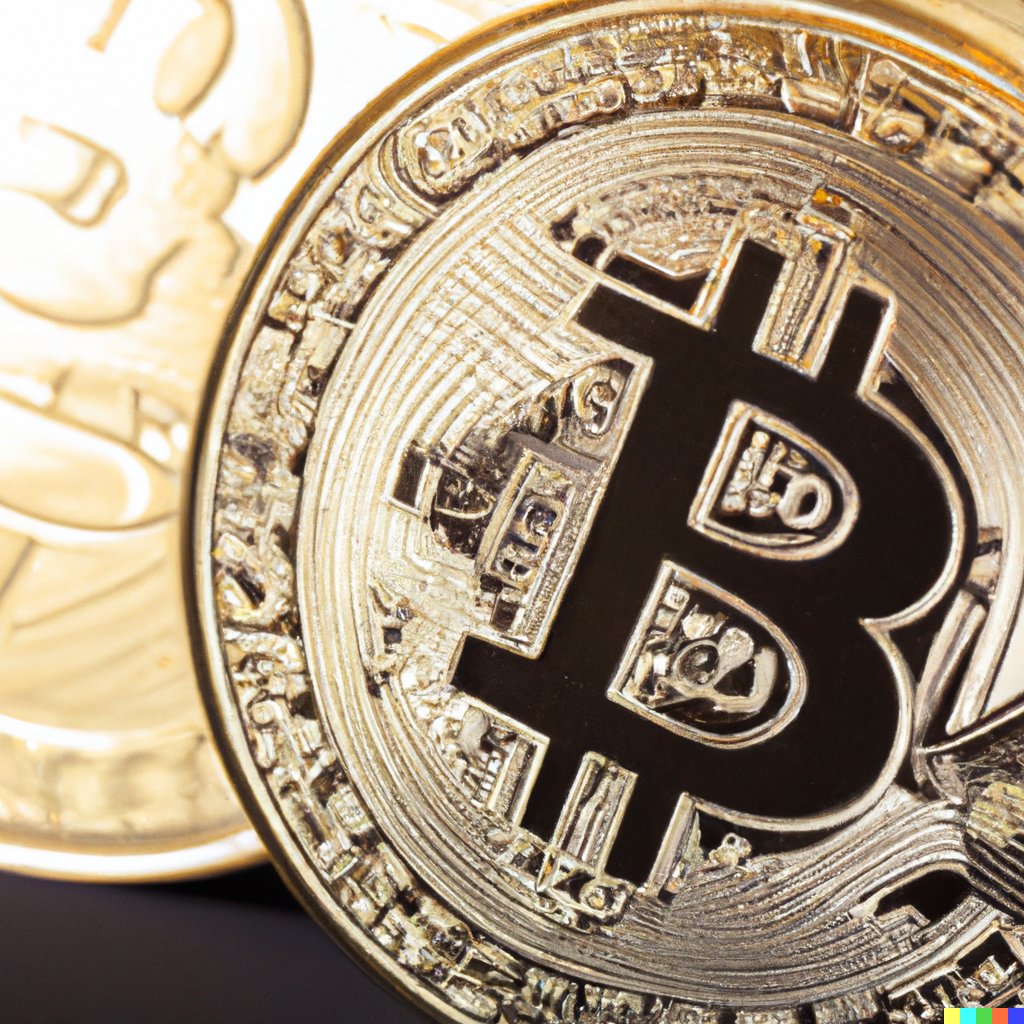Is bitcoin a hoax
Bitcoin is a decentralized digital currency that operates on a peer-to-peer network without the need for a central authority.

Transactions are verified and processed by a network of users, rather than by a single entity such as a bank.
Since its creation in 2009, bitcoin has grown to become one of the largest and most well-known cryptocurrencies in the world, with a market capitalization of over $1 trillion as of 2021. It has been adopted by individuals, businesses, and financial institutions as a means of payment, store of value, and investment.
Critics of bitcoin often argue that it is a speculative bubble that is bound to collapse, or that it is used for illegal activities such as money laundering and tax evasion. While it is true that bitcoin has been used for illegal purposes in the past, it is no different from any other form of currency in this regard. The fact that bitcoin is decentralized and operates on a public ledger makes it possible to trace transactions, making it easier to identify and track illicit activities than traditional, cash-based systems.
Additionally, many experts and financial institutions believe that bitcoin has the potential to disrupt traditional financial systems and offer a new, decentralized alternative for people to store and transfer value. Its fast and low-cost transactions, combined with its limited supply, make it an attractive investment for many people.
In conclusion, while bitcoin has faced criticism and skepticism since its creation, it is not a hoax. It is a real and legitimate form of currency that operates on a decentralized network and has the potential to disrupt traditional financial systems. However, as with any investment, it is important to carefully consider the risks and limitations of bitcoin, and to seek professional advice if necessary, before making any investment decisions.